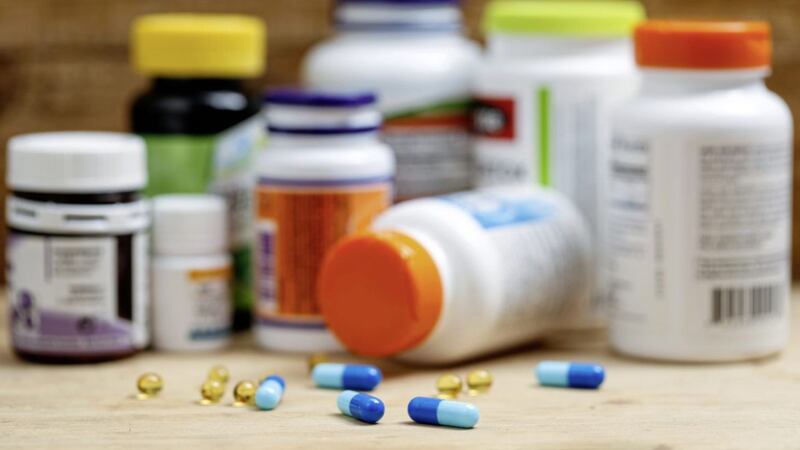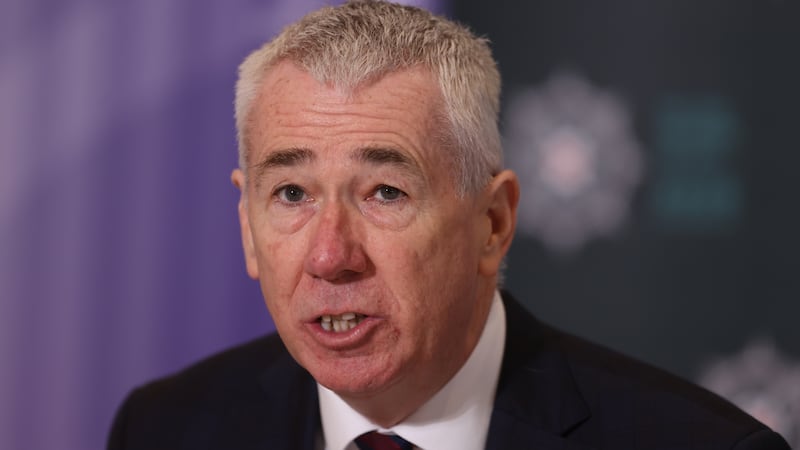EU plans for guaranteeing the supply of medicines to Northern Ireland are "unworkable", a pharmaceutical trade association has warned.
Following Brexit, the north was due to fall within the EU’s pharmaceutical regulatory system under the terms of the Northern Ireland Protocol.
An initial 12-month grace period was agreed to delay the introduction of the new arrangements until 2022.
The British government indefinitely extended the grace period last week.
Most of the north's supplies of drugs come from Britain, sparking concerns that access to medicines could be damaged by the protocol once any grace period ends.
The EU is now trying to solve any issues with the supply of drugs.
The EU’s chief negotiator on Brexit, Maros Sefcovic, said the north should have access to all the medicines it needs.
But the British Generic Manufacturers Association (BGMA) told the BBC the EU's plan is "unworkable".
Under the protocol, medicines would need to be batch tested in Northern Ireland or the EU.
Some distributors have already said they intend to stop selling some products in Northern Ireland.
The Department of Health said 910 medicines were due to be withdrawn.
The EU has proposed that batch testing of medicines due to be shipped to Northern Ireland could happen in Britain, provided the drugs have separate licences and Northern Ireland-specific labels.
The BGMA said EU's proposals "would make trade in medicines, and supplying Northern Ireland, even harder since it hammers home the need for a separate and specialised Northern Ireland product (distinct from a GB one)".
It said a UK-wide licence for medicines was needed.
The UK government has proposed that medicines should be removed from the scope of the protocol.


